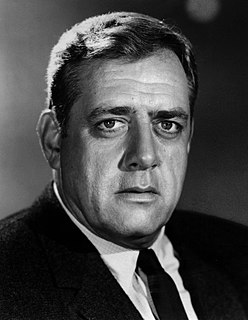A Quote by Michelle Gomez
A good antidote to nostalgia is to go home, and then you remember why you left.
Related Quotes
You know, my parents had a restaurant. And I left home, actually, in 1949, when I was 13 years old, to go into apprenticeship. And actually when I left home, home was a restaurant - like I said, my mother was a chef. So I can't remember any time in my life, from age 5, 6, that I wasn't in a kitchen.
Murray said, ´I don´t trust anybody´s nostalgia but my own. Nostalgia is a product of dissatisfaction and rage. It´s a settling of grievances between the present and the past. The more powerful the nostalgia, the closer you come to violence. War is the form nostalgia takes when men are hard-pressed to say something good about their country.´
I'm not a big note-taker, so I think that the way I decide is that whatever I remember I always consider something that's important. If I remember a joke then I know it's a good joke, if I remember a story then I know it's a good story, and so that's how I curate what stories I'm going to write for the book. And I go over them again, make sure there's a theme and all that stuff, but mostly, it is intuition.


































